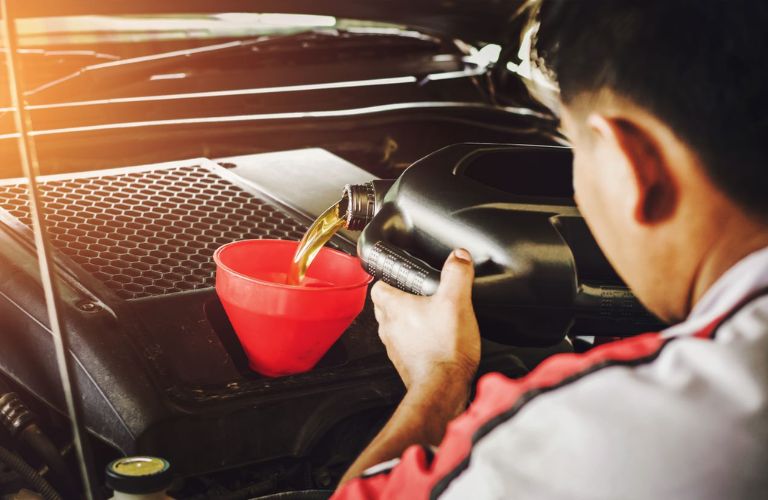Third Coast Auto Group Official Blog
How Often Should You Get Your Vehicle’s Oil Changed?
By Product Expert | Posted in Service on Thursday, February 22nd, 2024 at 9:20 am
Preserving Your Engine’s Longevity: Determining the Ideal Frequency for Oil Changes
In vehicle maintenance, few tasks are as crucial as regular oil changes. Engine oil serves as the lifeblood of your vehicle, ensuring smooth operation and preventing costly repairs down the road. Yet, the question of how frequently one should change their vehicle’s oil remains a topic of debate among car owners. So, let’s delve into this essential aspect of automotive care in this blog by our team at Third Coast Auto Group in Austin, TX.
Read more: 5 Ways to Keep Your Vehicle’s Engine in Good Condition
When to Change Your Vehicle’s Oil
Traditionally, the standard recommendation has been to change your oil every 3,000 miles or three months. However, advancements in automotive technology and oil formulations have extended this interval for many modern vehicles. Most manufacturers now suggest oil changes between 5,000 to 7,500 miles, or even longer in some cases, depending on driving habits and the type of oil used.
One crucial factor to consider is your driving environment and habits. If you frequently navigate through stop-and-go traffic or regularly haul heavy loads, your engine works harder and may require more frequent oil changes. Similarly, extreme temperatures—whether scorching heat or freezing cold—can degrade oil faster, necessitating more frequent changes.


Another consideration is the type of oil you use. Conventional oils typically require more frequent changes compared to synthetic or synthetic-blend oils, which offer better protection and longevity. Consult your vehicle’s owner’s manual or a trusted mechanic to determine the best oil type and change interval for your specific make and model.
Neglecting regular oil changes can have detrimental effects on your engine’s performance and longevity. Over time, old oil becomes contaminated with dirt, debris, and engine by-products, leading to increased friction and wear. This can result in decreased fuel efficiency, reduced engine power, and ultimately, costly repairs or premature engine failure.
Read more: How to Take Care of Your Vehicle’s Muffler and Exhaust System
Buy Used Cars in Austin, TX
If you are looking for a used car to buy in Austin, TX, you should head straight to our Third Coast Auto Group dealership. You can also contact us if you have queries about any used vehicle.


